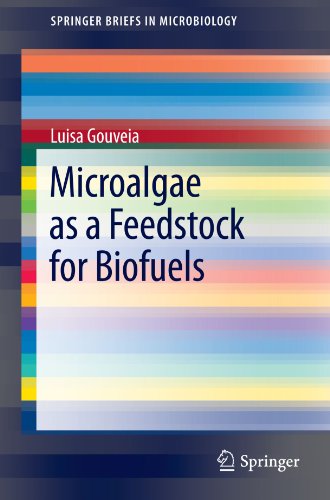

Most ebook files are in PDF format, so you can easily read them using various software such as Foxit Reader or directly on the Google Chrome browser.
Some ebook files are released by publishers in other formats such as .awz, .mobi, .epub, .fb2, etc. You may need to install specific software to read these formats on mobile/PC, such as Calibre.
Please read the tutorial at this link: https://ebookbell.com/faq
We offer FREE conversion to the popular formats you request; however, this may take some time. Therefore, right after payment, please email us, and we will try to provide the service as quickly as possible.
For some exceptional file formats or broken links (if any), please refrain from opening any disputes. Instead, email us first, and we will try to assist within a maximum of 6 hours.
EbookBell Team

4.4
72 reviewsThis Brief provides a concise review of the potential use of microalgae for biofuel production. The following topics are highlighted: the advantages of microalgae over conventional biofuel-producing crops; technological processes for energy production using microalgae; microalgal biomass production systems, production rates and costs; algae cultivation strategies and main culture parameters; biomass harvesting technologies and cell disruption; CO2 sequestration; life cycle analysis; and algal biorefinery strategies. The conclusions section discusses the contribution of the technologies described to environmental sustainability and future prospects.